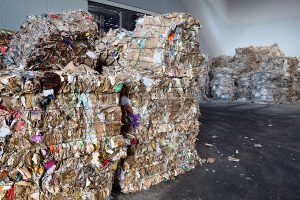
Last month, news about big changes in domestic and foreign markets dominated readers’ attention, although they were also drawn to an article about graphics on recycling receptacles.
Resource Recycling keeps you on top of critical industry trends and brings unparalleled analysis of the evolving materials stream, market turbulence, policy trends and more.
Sign up for our free weekly e-newsletters to receive the latest news directly.

Last month, news about big changes in domestic and foreign markets dominated readers’ attention, although they were also drawn to an article about graphics on recycling receptacles.
 Year-end customs figures from the Chinese government quantify the country’s marked decrease in recyclable material purchases in the first year of new import restrictions.
Year-end customs figures from the Chinese government quantify the country’s marked decrease in recyclable material purchases in the first year of new import restrictions.
 Container deposit fraud allegations against a Waste Management subsidiary in California were settled for $1.1 million last summer.
Container deposit fraud allegations against a Waste Management subsidiary in California were settled for $1.1 million last summer.
 Resin and packaging giants this month committed $1 billion over the next five years to “end plastic waste.” While recycling and sustainability stakeholders say they are encouraged by the effort, they also want to ensure materials recovery remains part of the solution.
Resin and packaging giants this month committed $1 billion over the next five years to “end plastic waste.” While recycling and sustainability stakeholders say they are encouraged by the effort, they also want to ensure materials recovery remains part of the solution.
 There were 18 deaths connected with the solid waste and recycling industry during the first few weeks of 2019. Most fatalities were members of the public killed in incidents involving collection vehicles.
There were 18 deaths connected with the solid waste and recycling industry during the first few weeks of 2019. Most fatalities were members of the public killed in incidents involving collection vehicles.
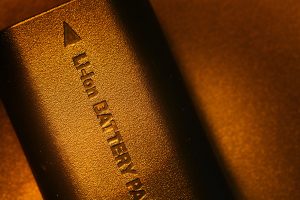 The U.S. Department of Energy will dedicate millions of dollars to advance recycling of lithium-ion batteries, which present major challenges when they are improperly recycled and end up in MRFs.
The U.S. Department of Energy will dedicate millions of dollars to advance recycling of lithium-ion batteries, which present major challenges when they are improperly recycled and end up in MRFs.
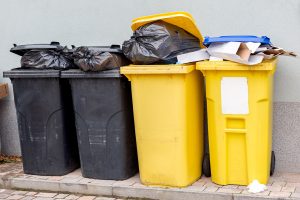 Massachusetts officials recently reported the 2018 results of their rigorous disposal ban enforcement program, noting OCC made up the vast majority of improperly disposed recyclables.
Massachusetts officials recently reported the 2018 results of their rigorous disposal ban enforcement program, noting OCC made up the vast majority of improperly disposed recyclables.
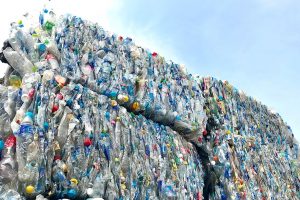 Multiple virgin plastics manufacturers recently purchased PET recycling operations, citing rising demand from brand owners looking to use recycled material.
Multiple virgin plastics manufacturers recently purchased PET recycling operations, citing rising demand from brand owners looking to use recycled material.
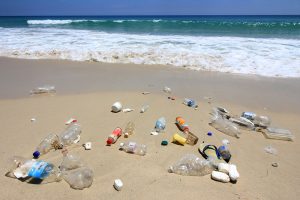 Companies from throughout the plastics value chain have committed more than $1 billion to reduce plastic waste by improving waste management systems and cleaning up existing pollution.
Companies from throughout the plastics value chain have committed more than $1 billion to reduce plastic waste by improving waste management systems and cleaning up existing pollution.
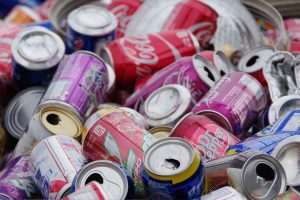
Used beverage cans, historically a reliable and valuable commodity, have seen recent price lows that are adding extra strife to already stressed residential recycling markets.

